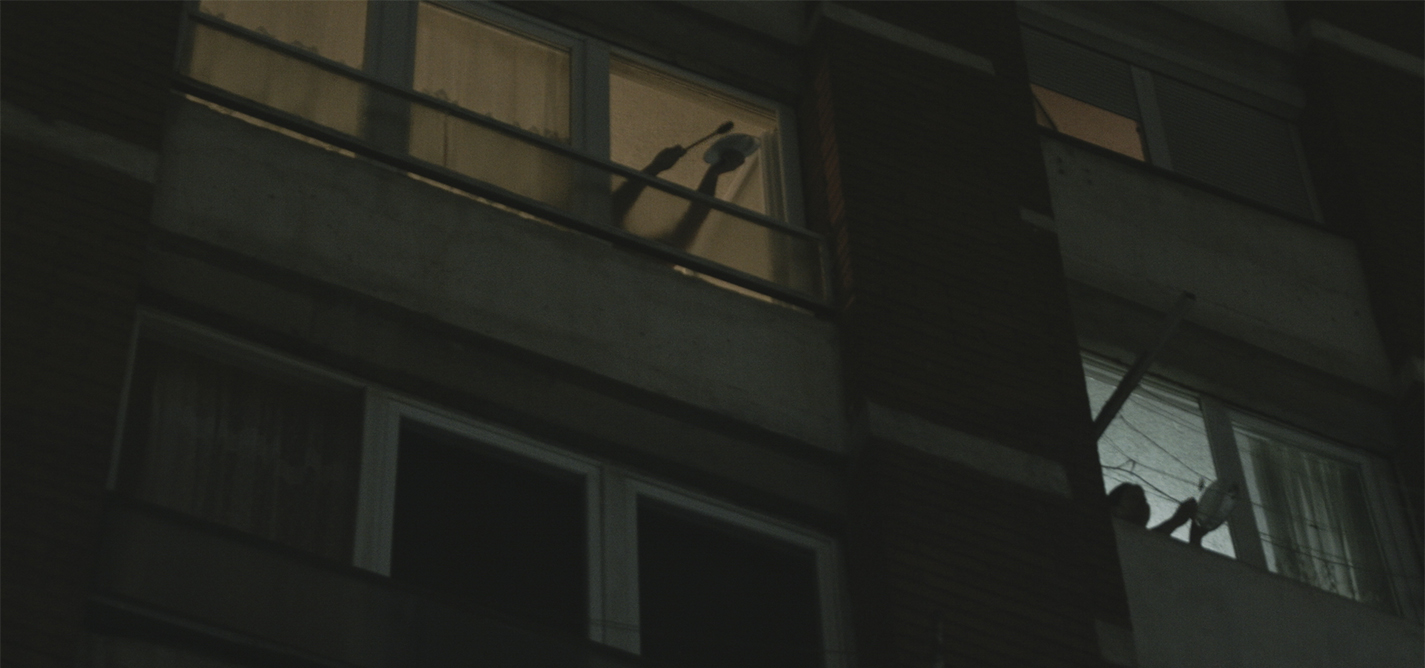
A COVID-19 diary in prose
How the lockdown inspired two Prishtina filmmakers.
Confined to their houses, the protest was symbolic for Kosovo, as it mirrors the demonstrations that took place throughout the 1990s.
“Kosovo is a poor country, and not all things function the way they should, but we have the courage to self-master difficult times.”
Leart Rama, filmmaker
Edona Kryeziu
Edona Kryeziu was a journalist covering Arts & Culture at K2.0. She holds a Bachelor of Arts from Maastricht University, the Netherlands, and a Masters Degree in Migration & Diaspora Studies (Visual Anthropology) from SOAS London University, UK.
This story was originally written in English.